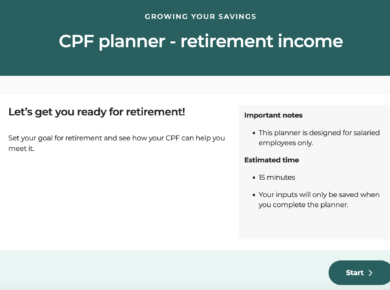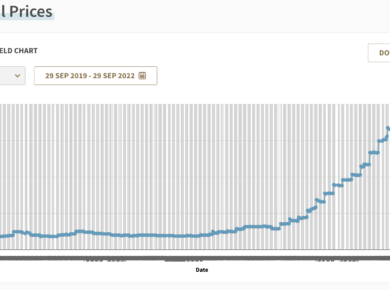The CPF Board just released the newest statistics involving what Singaporeans have been doing with their CPF, and some of the findings are pretty interesting. Here are some observations we can make as to why Singaporeans are employing these moves on their CPF:
1. Topping up your CPF can help you reach your retirement goals sooner.
This is a smart move, and also one that I’ve been executing every year ever since 2014.
It makes sense because not only do I enjoy a lower tax bill, but also allow my CPF to compound at an attractive rate of 4% p.a. in my Special Account over the years, which should help me hit my retirement sum.
There has also been a trend of more people topping up for their parents, in-laws and for their spouses, which allows you to get a further $7,000 of tax relief since you’re contributing to your family’s CPF accounts.
I also wrote recently about the CPF Matched Retirement Savings Scheme, where you can get up to $3,000 from the government towards your parents’ retirement funds. My parents-in-law both qualify for this, so we’re making use of this scheme for them as well. Read about how it works here.
2. Reduce accrued interest by making a voluntary housing refund.
If you’re worried about accrued interest eating into your property sales proceeds later on, then one way to avoid (or reduce) this is to make a voluntary housing refund. For those who used their CPF towards financing their property purchase, you can actually refund your amount earlier to stop the accrued interest from accumulating further.
Given the current low interest rates environment, this approach totally makes sense. After all, why let the interest accrue at 2.5% p.a. when you can get a cash loan for 1+% today?
Of course, if you’re 100% sure that you will never sell your current property and will hold until the end, then maybe this tactic will not appeal to you.
But if you think you might be selling or changing properties someday in the future, you may want to consider this refund tactic as long as liquidity is not an issue for you.
In our case, the only reason why we chose not to make a voluntary housing refund for now is because we’re getting higher returns from the stock market with our cash.
3. Make a CPF nomination to save money (and headache) later.
Not many people plan for what happens to their assets – and how it is to be distributed – in the unfortunate event that they were to leave the world prematurely.
But once you get married, or become a parent, you start to think differently and plan for the worst-case scenarios.
Which is why making a CPF nomination is a smart and no-brainer move, especially when you can do it online in under 5 minutes. If anything happens later on, you can always amend it online as well.
If you don’t, that’s also fine because your assets will still be distributed according to prevailing intestacy laws or Faraid. But having the Public Trustee Office administer that will come at a cost, so why not just make a CPF nomination for your family’s sake?
For more CPF hacks, you may also want to check out the following articles:
- How we can get more from the government in our CPF
- Get “filial piety tax rebates” when you give your parents an allowance in this manner
- 3 moves to make your CPF work harder for you
- Get $600 from the CPF Matched Retirement Savings Scheme each year
With love,
Budget Babe









